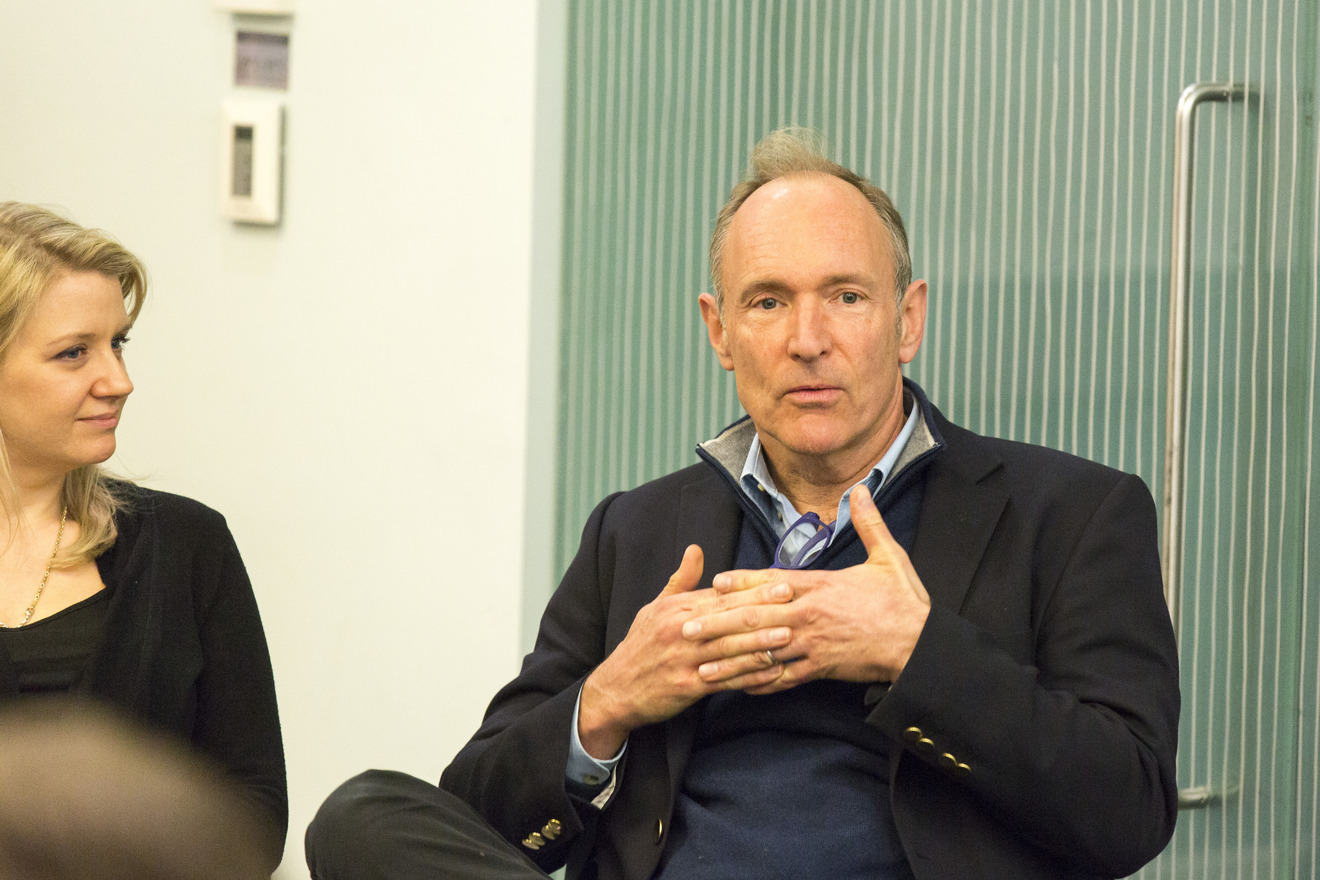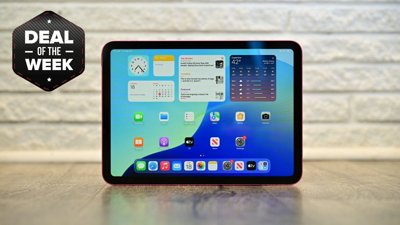Tim Berners-Lee, inventor of the World Wide Web, hopes to hand back control of personal data to individuals, with the launch of an open-source platform called Solid to control where data is stored and what entities have access to the information.
Announced via a blog post on Saturday, Solid is described as an "open-source project to restore the power and agency of individuals on the web." Developed by Berners-Lee and people at MIT, Solid is effectively a single management location for a person's data, one which will provide the ability to dictate how and where the data is stored, which people and organizations can access specific elements, and how it is shared.
The move to develop Solid was prompted by the trend for companies to acquire as much data about their users as possible, followed by mining the data and using it to market products and services to users. The wholesale acquisition and datamining has been a cause for concern for privacy activists, who have previously warned of the data's potential misuse.
The most prominent case of misuse in recent times was the Cambridge Analytica scandal, where the data of Facebook users was acquired by the political analysis firm and used by political parties to influence events, allegedly including the 2016 U.S. presidential election.
"Solid changes the current model where users have to hand over personal data to digital giants in exchange for perceived value," writes Berners-Lee. "As we've all discovered, this hasn't been in our best interests. Solid is how we evolve the web in order to restore balance - by giving every one of us complete control over data, personal or not, in a revolutionary way."
For end users, their data is stored in one or more Solid personal online data stores, or PODs, which can be stored in the location of a user's choice, including online storage services or a home server. The data are said to be transferrable between locations at any time, without any interruption of service.
The user can store practically any data they want in the POD, including photographs, videos, and fitness tracker data. The data can then be shared with apps and services of the user's choosing, as well as other people.
As the data is also stored in a POD under the user's control, and not by other companies, there is no need to synchronize data if it is shared with multiple apps, as the same data source is used across the board.
The POD is also being touted as a method of authentication, along the lines as logging in with a Facebook account to another services' website. The ownership of a POD will apparently provide third-parties with enough proof that the user is who they say they are.
Berners-Lee is taking time off from his role at MIT to work on a start-up connected to Solid. Inrupt is a startup that intends to provide the infrastructure for the open-source Solid to function, as well as aiding apps in using Solid, and is also providing users with Solid PODs.
As part of this work, Berners-Lee will be traveling the world for the next few months, educating developers about both Solid and Inrupt, reports Fast Company. He will also spend time this fall attempting to raise venture funding to grow the team, though it is unclear how successful this will be as the project aims to oppose the data collection activities of major tech companies like Facebook and Google.
It is also unclear how much this would impact Apple, as its own data policies shy away from the practices of other tech giants, in that minimal data is uploaded to its servers and processing is performed as much as possible on the user's end. An often-heard refrain from Apple is "The customer is not our product," in that the company does not collect then use data for advertising purposes, instead aiming for a more transparent approach.
In AppleInsider's brief testing of the Inrupt Solid POD, it appears the service is not ready for public usage, and is in a state more suited towards app developers. While the account creation is straightforward, and a public page can be created, it is difficult for the average user to make changes to their profile page. Meanwhile the profile page itself has the appearance of being editable by others, though this action is blocked when the changes are submitted.
While it is possible to sign up for a free Solid POD from Inrupt right now, the main reason for the average user to do so is to secure their selected username before it becomes a more heavily used service. After apps and services start to use Solid, it is likely the user experience will be overhauled at around the same time.
 Malcolm Owen
Malcolm Owen







-m.jpg)






 Marko Zivkovic
Marko Zivkovic
 Wesley Hilliard
Wesley Hilliard
 Christine McKee
Christine McKee


 William Gallagher
William Gallagher






-m.jpg)



15 Comments
What would be conrolling Solid platform access?
Several other things for people to investigate and compare: IPFS and Hashgraph
https://ipfs.io/
https://www.hedera.com/platform
What is to stop people from attacking and hacking Solid and gaining access to user data? Seems like a risk even if it is well intentioned.
I give Tim credit for what he did with the Internet. That being said, I'd trust him on modern tech about as much as I'd trust Thomas Edison to repair a Tesla car. Today's Internet is nothing like the Internet he helped create.
It sounds more like Tim is just using/loaning his name to garner interest.
Perhaps AI needs to put an asterisk with such statements now. True, for the most part. But sign on for Apple News or new iOS 12 Stocks app and you'll read about how usage helps target advertisements. This is an area rife with potential conflict for a company who chiefly makes money from HW, in that Apple can make it impossible for users not to see advertisements. If Apple embeds an ad that takes up 1/3 of the screen while you are reading an article, that kind of defeats the purpose of having a large screen for viewing. This is another reason I'm not enamored with Apple's new Stock app.
While a minor nit at present, as Apple pushes services, this issue could become a larger concern.